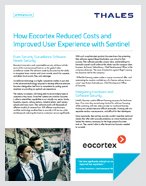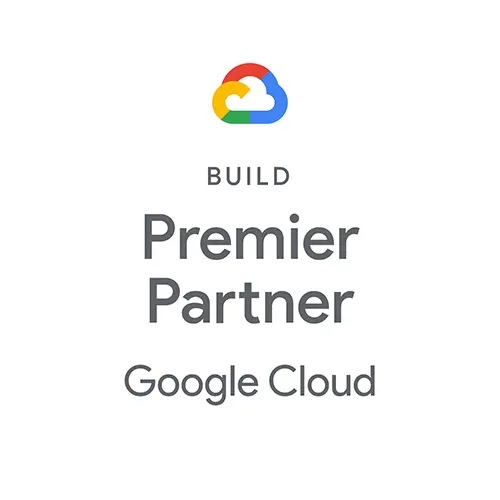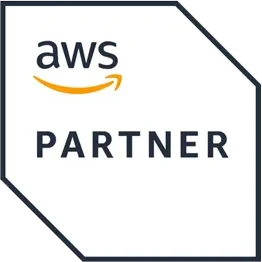When trying to decide on a licensing format, many companies need to ask themselves a set of questions. Open-source code or closed? Subscription model or one-time payment? There are many factors to take into consideration to ensure that you are licensing your software in the best way possible.
Of the many types of software license models, the one you’re probably most familiar with is the proprietary software license. This model has distinct advantages for companies looking to remain in control of their software.
What is a Proprietary Software License?
A proprietary license model is based on the concept that the software company creates software and maintains control over its code, and therefore, its features and use.
You most likely use programs that have a proprietary software license. These include Microsoft Windows, iTunes, Adobe Photoshop, Skype, and more. With this type of software licensing model, users do not have access to the code and are therefore unable to manipulate it, make changes according to their needs, add features, and more.
One issue with this proprietary license model is that it is not protected by law. This means that in theory, one can not get in trouble for accessing the software’s code and making changes. This is the reason that these types of software almost always require users to agree to a lengthy Terms and Conditions document. These terms are binding between the user and the software developer and making any changes is forbidden.
Advantages and Disadvantages of Proprietary Licenses
Proprietary software advantages are pretty clear. Many companies prefer to use a proprietary license model in order to protect their software in the long term.
- A Simple User Experience: Skilled developers are responsible for creating most software programs, based on their expertise and understanding of the user experience. For the basic user, this provides a simple user experience that doesn’t require any coding or programming knowledge, or even to set specific settings to his/her liking.
- Easier to Update: Proprietary systems are updated and tweaked by the software company on a regular basis. This is an advantage for users who don’t want to be responsible for securing and updating the software themselves (which is true for most amateur users). For example, you may notice that you have to update your Adobe Software or your iOS system occasionally in order to have the most up-to-date and safest addition of the software available. This makes it easier for customers to use the software, without having to know any programming or coding.
- Better Profits: As a software company, one of your goals is to make a profit. Another proprietary software advantage is that there is often a repeated fee for users to keep receiving updates and support.
Despite the advantages, there are proprietary software disadvantages. The main disadvantage is that users are unable to make changes according to their needs. Certain companies, or individuals with software knowledge, often look for software that they can adapt according to their situation. Many proprietary software license developers make it impossible for users to gain access to the code (in addition to it being forbidden according to the Terms and Conditions).
Proprietary License vs. Open Source License
When debating on software licensing solutions, the question of proprietary vs. open-source licensing often comes up. Open-source licensing can be seen as the opposite of the proprietary software model. Open-source software allows developers to make changes freely in the code as well as share the source code. Sometimes this software is free, while other times it is paid. One of the disadvantages of this model for users is that the code is not always protected as necessary and the original software provider is not responsible to provide support in such a situation.
In certain cases, there have been attempts to create software that follows both the proprietary and open-source models. In this situation, the developers give freedom over certain aspects of the software, allowing much greater flexibility and adaptability. No matter which model, software license management is critical and an important step in making sure your software is used correctly.





